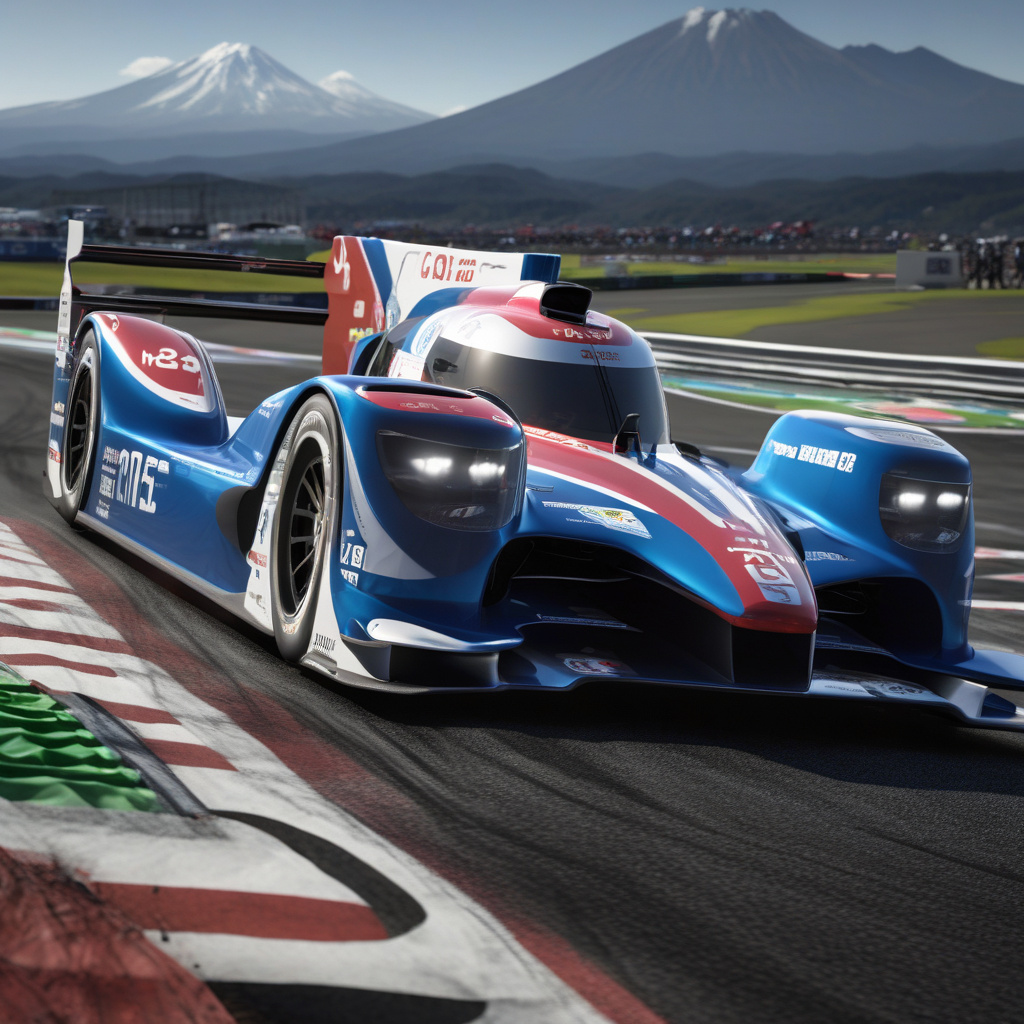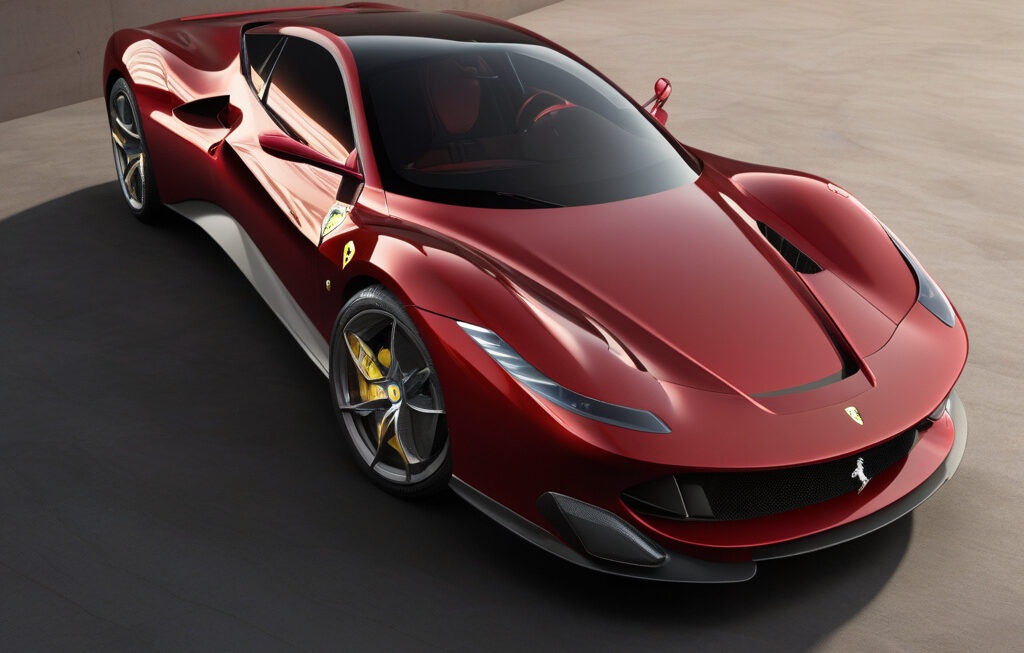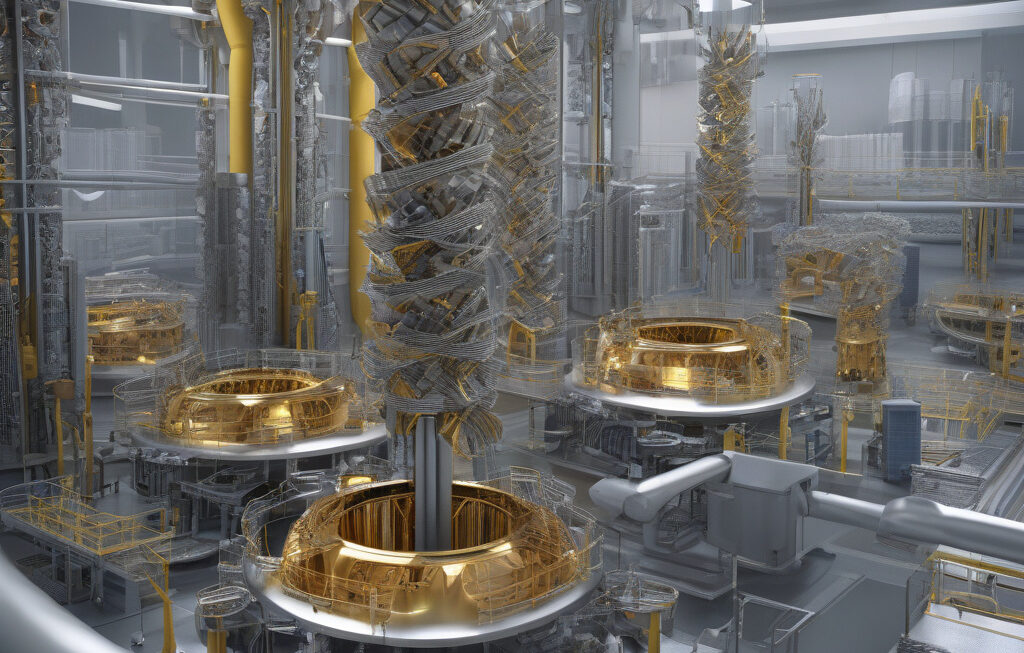Toyota’s liquid hydrogen car hits 468 laps in tough Fuji 24-hour endurance race
Toyota’s liquid hydrogen-powered GR Corolla H2 Concept delivered its best performance so far during the grueling Fuji 24-hour endurance race. The innovative vehicle completed a remarkable 468 laps around the circuit, showcasing the potential of hydrogen as a fuel source in the world of motorsports.
The GR Corolla H2 Concept is part of Toyota’s commitment to sustainable and eco-friendly transportation solutions. By utilizing liquid hydrogen as a power source, the car emits only water vapor, making it a zero-emission vehicle with the performance capabilities required for competitive racing.
The Fuji 24-hour endurance race is known for pushing drivers and vehicles to their limits, testing both speed and durability. Toyota’s decision to enter the GR Corolla H2 Concept in this challenging event demonstrates the company’s confidence in the technology and engineering behind their hydrogen-powered car.
During the race, the GR Corolla H2 Concept faced various obstacles, including changing weather conditions, intense competition from traditional gasoline-powered vehicles, and the need for frequent pit stops to refuel. Despite these challenges, the car performed admirably, showcasing its efficiency and reliability throughout the 24-hour event.
The success of the GR Corolla H2 Concept in the Fuji endurance race highlights the potential of hydrogen as a viable alternative to traditional gasoline engines. With zero harmful emissions and impressive performance capabilities, liquid hydrogen technology could revolutionize the automotive industry and pave the way for a more sustainable future.
Toyota’s dedication to innovation and sustainability is evident in their development of the GR Corolla H2 Concept. By pushing the boundaries of what is possible in motorsports, the company is not only showcasing the capabilities of hydrogen technology but also inspiring other manufacturers to explore environmentally friendly solutions for their vehicles.
As the automotive industry continues to evolve, it is clear that alternative fuel sources like liquid hydrogen will play a crucial role in reducing carbon emissions and mitigating the impact of climate change. Toyota’s success in the Fuji 24-hour endurance race is a testament to the viability of hydrogen-powered vehicles and a glimpse into the future of sustainable transportation.
In conclusion, Toyota’s liquid hydrogen car’s impressive performance in the Fuji endurance race signals a new era of eco-friendly motorsports and underscores the potential of hydrogen as a clean energy solution for vehicles. With continued innovation and investment in sustainable technologies, the automotive industry can pave the way for a greener and more environmentally conscious future.
Toyota, liquid hydrogen car, Fuji 24-hour race, sustainable transportation, hydrogen technology












